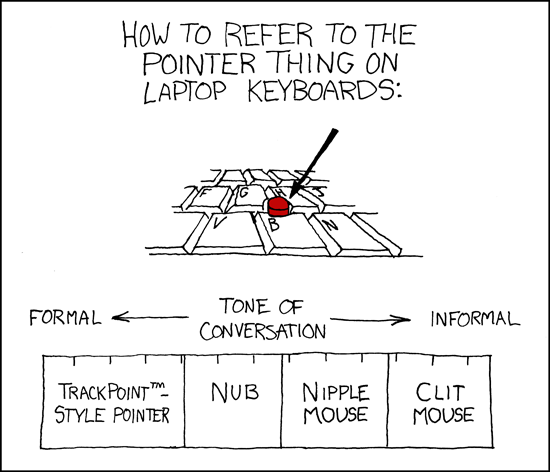Well, here are my examples:
* Using Google in Firefox
always pops up a warning on top of stuff begging you to set Google as your default search engine, never mind that it already
is set, and Google's official answer to click “no thanks” (which doesn't exist; you have to click the X) and it will go away is a flat-out lie, because it comes back every time. There is
an enormous thread of complaints about this, which, in perfect upkeeping of a modern big company's reputation, has to date been completely and utterly ignored by Google.
* Every time I try to log in and it stops me with a full-screen thing telling me to “secure” my account with a cell phone number when I don't even
have a cell phone (yet). Encouraging users to 2FA their account is one thing, but there should be other options. Plus, I've read that they continue to do this nag even if you
do give them a number, so the argument that users need to be warned to secure their account is moot.
* On my tablet, I regularly get notifications nagging me about updating apps and Google offline maps, when I
told it to automatically do it itself. It works automatically, so what's the point in bugging me to do stuff I don't need to do? For a while, I actually thought the automatic update option didn't work at all because the notifications were coming up.
* Also, Android gives a stupid “your eyes are going to bleed and the world is going to end if you run your screen at max brightness too long” nag
every single time I need to turn it up on boot. Same with the headphone volume, though I hear this has to do with EU regulations (never mind the fact I don't even
live under that jurisdiction). That
would be understandable if the implementation of this warning weren't supremely stupid and popped up even when the audio I'm trying to listen to is too quiet for even somebody with superhuman hearing to make out at max volume.* Same with the brightness: warning comes up even when I'm either outside and that's the
only setting the device is usable, or I have it in “auto brightness” mode and the “max” setting is incredibly dim. That's even more stupid. Unlike hearing, I'm pretty sure tablet or phone technology isn't for the foreseeable future going to be capable of producing enough light to literally damage the human eye.
(* Funny thing is, I regularly hit a driver bug on my tablet which causes really loud, full-blast popping and crackling
regardless of the volume setting, so one could argue they're already running afoul of EU laws even
with the stupid volume warning.

)
So, should Google ever have a
real warning that I need to pay attention to, I'm probably going to miss it because I'm too focused on ignoring all the false cries of “wolf”.
And of course, not one of these warnings has a “don't ask me again” checkbox. At least Microsoft had the courtesy to provide that in much of their old Windows software back in the day.








































